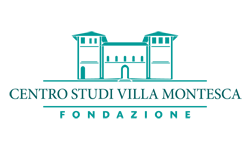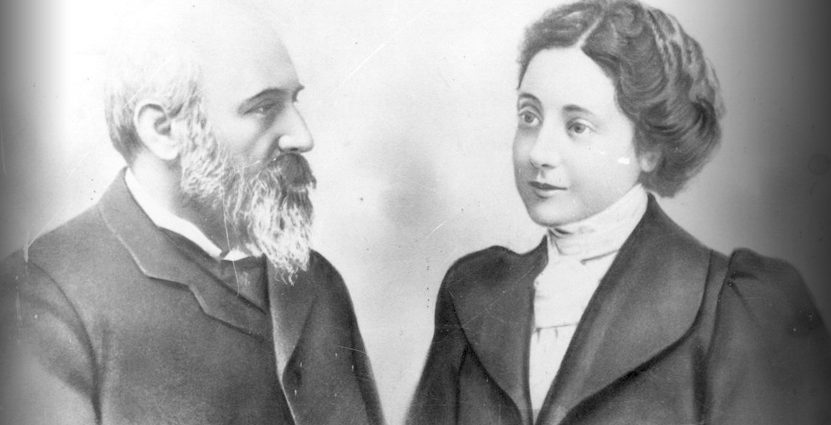The Fondazione Centro Studi Villa Montesca plays an important role in education and is known throughout Europe for its history and its vocation which reflect the character of its founders.
Baron Franchetti was born in Livorno in 1847 and moved to Città di Castello in 1880. In 1882 he began his parliamentary career in the Unione Liberale Monarchica and in 1909, at the end of his political life, he was made Senator. Being particularly sensitive to the socio-economic problems of his time he focused his work on agricultural issues and on the need for agricultural economic reforms by directing his efforts towards the improvement of both the life and the cultural conditions of farm workers.

Leopoldo Franchetti

Alice Hallgarten
In1874, after a fact finding tour of about a year in Southern Italy and the acquisition of a deeper knowledge of the Southern question, he met New York born Alice Hallgarten who would later become his wife. After their marriage they settled down in the newly built Villa Montesca in the Upper Tiber Valley near Città di Castello, Perugia. Despite their age difference theirs was a happy marriage consolidated by a common interest in culture and psychotherapy.
Since 1901, on the spur of the educational renewal movement “Scuole Nuove” which was widespread throughout Europe at the end of the 19th century, Baroness Franchetti set up the rural schools of Villa Montesca and Rovigliano for the education of the children of farm workers. The schools had classes up the 6th grade and were free. This was an absolute innovation both in terms of teaching methods and social impact. The new schools allowed farmer’s children access to education since Alice and Leopoldo strongly believed that the real cultural change in a country which was laboriously gaining its unification lied in the improvement of the social position of both these children and their families. The idea of a culture and an education conducive to the emancipation of the poor led to other initiatives such as the Umbrian Textile Laboratory founded in 1908. These projects became a point of reference for the development of the Upper Tiber Valley through a new kind of interaction between economic and social development.
The rural Schools experimented approaches to teaching/learning incredibly modern for the period such as the close relationship between school and the outside world through the observation of nature and natural phenomena; conversation seen as a means for mutual growth; the concept of learning environment and educating community. All these extraordinary innovations were the basis for a new approach which would change the history of education worldwide.

